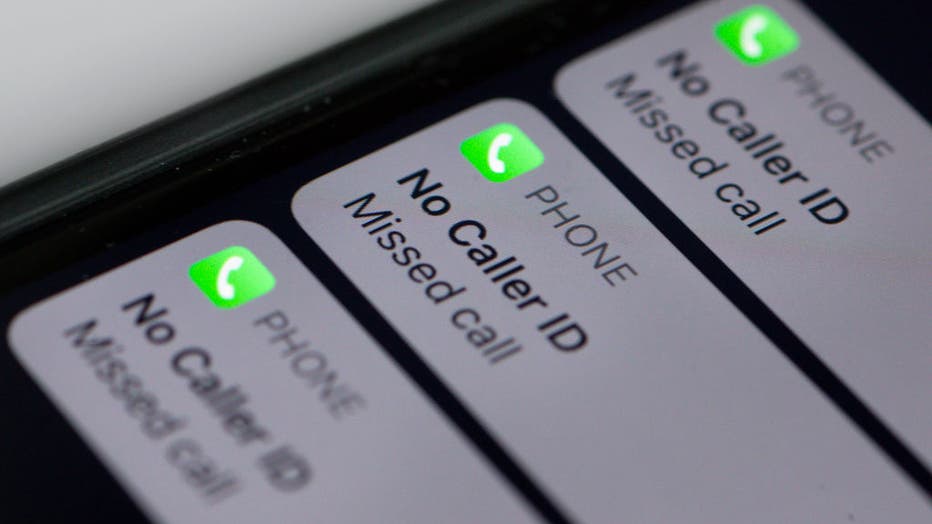30% of Americans scammed in last 12 months, losing over $2,600 in their lifetime, study finds
Holiday scams: What to look out for this season
The holiday season has arrived, so have the numerous ways people take advantage of others during this time of giving. Don't fall victim, LiveNOW from FOX's Lexi Petrovic talks to Credit & Debt.org CEO Jeff Mandel about common schemes and how to avoid them.
LOS ANGELES - According to a new report on fraud and identity theft by IPX1031, a subsidiary of Fidelity National Financial (FNF), nearly 1 in 3 Americans have been scammed in the last year. These scams have cost individuals an average of $2,647 over their lifetime, with a majority of victims falling prey to common fraud schemes.
What types of scams are most common in 2024?
The top scams reported by Americans include:
- Credit card scams (37%)
- Identity theft (34%)
- Online shopping scams (32%)
- Phishing scams (25%)
- Business/job scams (18%)
These scams are becoming more sophisticated, with 40% of Americans saying they receive suspicious emails, phone calls, or messages every day. Despite the increase in scam attempts, 44% of people do not report them to authorities.
What are Americans’ biggest concerns about scams?
According to the study, in 2024, 69% of Americans believe that younger people are increasingly falling victim to scams. Additionally, 76% of people are concerned about the role artificial intelligence (AI) might play in the future of scams, with 80% believing that advancements in AI will increase fraud.
Despite rising awareness, many people still lack confidence in their ability to avoid scams. The report found that 30% of Americans are only somewhat confident in identifying and preventing scams.

FILE - Missed calls from unknown numbers can be a common tactic used by scammers to trick individuals into answering suspicious calls. (Photo by Thomas Trutschel/Photothek via Getty Images)
How has identity theft impacted Americans?
Identity theft remains a major issue, with 22% of Americans reporting they’ve been victims of this crime. Financial identity theft is the most common, accounting for 73% of cases. The effects of identity theft can last for years, and 1 in 3 victims say their credit score has been negatively impacted.
Some Americans are taking action to protect themselves. In the last year, 1 in 4 people froze their credit due to fraud concerns, though 22% admit they don’t know how to freeze their credit.
How can you protect yourself from scams?
Americans are increasingly taking precautions to avoid falling victim to scams, but many still have room for improvement. The most common scam prevention measures include:
- Educating themselves about common scam tactics (80%)
- Using stronger passwords (78%)
- Regularly monitoring bank and credit card statements (72%)
However, 1 in 10 people admit they don’t use two-factor authentication on financial accounts, leaving them vulnerable to potential fraud.

